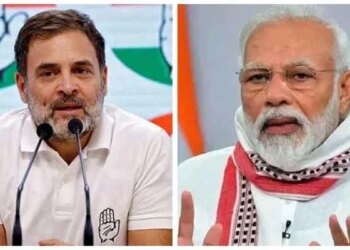Select Language:
Keir Starmer, the leader of the British Labour Party, announced a significant cabinet reshuffle on Friday, adding a new deputy and key ministers for foreign and interior affairs. The move aims to reinforce his authority following the resignation of Angela Rayner, his deputy.
In the reshuffle, Starmer promoted David Lammy from foreign minister to deputy prime minister and appointed Yvette Cooper as the new foreign secretary, replacing Lammy. Cooper, a senior Labour figure with extensive experience—including serving under Prime Minister Gordon Brown—receives this promotion after overseeing the controversial policies on illegal migration. Additionally, Interior Minister Shabana Mahmood was replaced by Cooper, underscoring the loyalty and trust within the team.
This overhaul follows last week’s changes in Downing Street, where Starmer adjusted his economic team. Rayner’s departure, driven by an independent adviser’s ruling that she breached the ministerial code over unpaid taxes, prompted a more substantial change than initially anticipated. Rayner, 45, expressed remorse in her resignation, acknowledging her failure to seek specialized tax advice, which led to her owing approximately £40,000 ($54,000).
Starmer’s team has faced intense scrutiny and frequent resignations, making loyalty a core element of his leadership. A political analyst noted that the current atmosphere seems uncertain about the party’s future directions.
Rayner’s exit, the eighth from Starmer’s team and the most senior, has added pressure amid polls showing the Labour Party trailing Nigel Farage’s Reform UK. The party recently faced criticism over accepting expensive gifts from donors and has been grappling with its public image.
Farage, addressing his party’s conference in Birmingham, indicated that a general election might be on the horizon as early as 2027, despite the current government’s term running until 2029, suggesting Labour could face governance challenges.
Rayner had recently declared her primary residence in Hove, after transferring her share of her family’s northern England home to a trust benefiting one of her children with disabilities. She admitted that she initially believed she was not liable for the higher stamp duty on a second property but later acknowledged her mistake and committed to paying the owed taxes.







